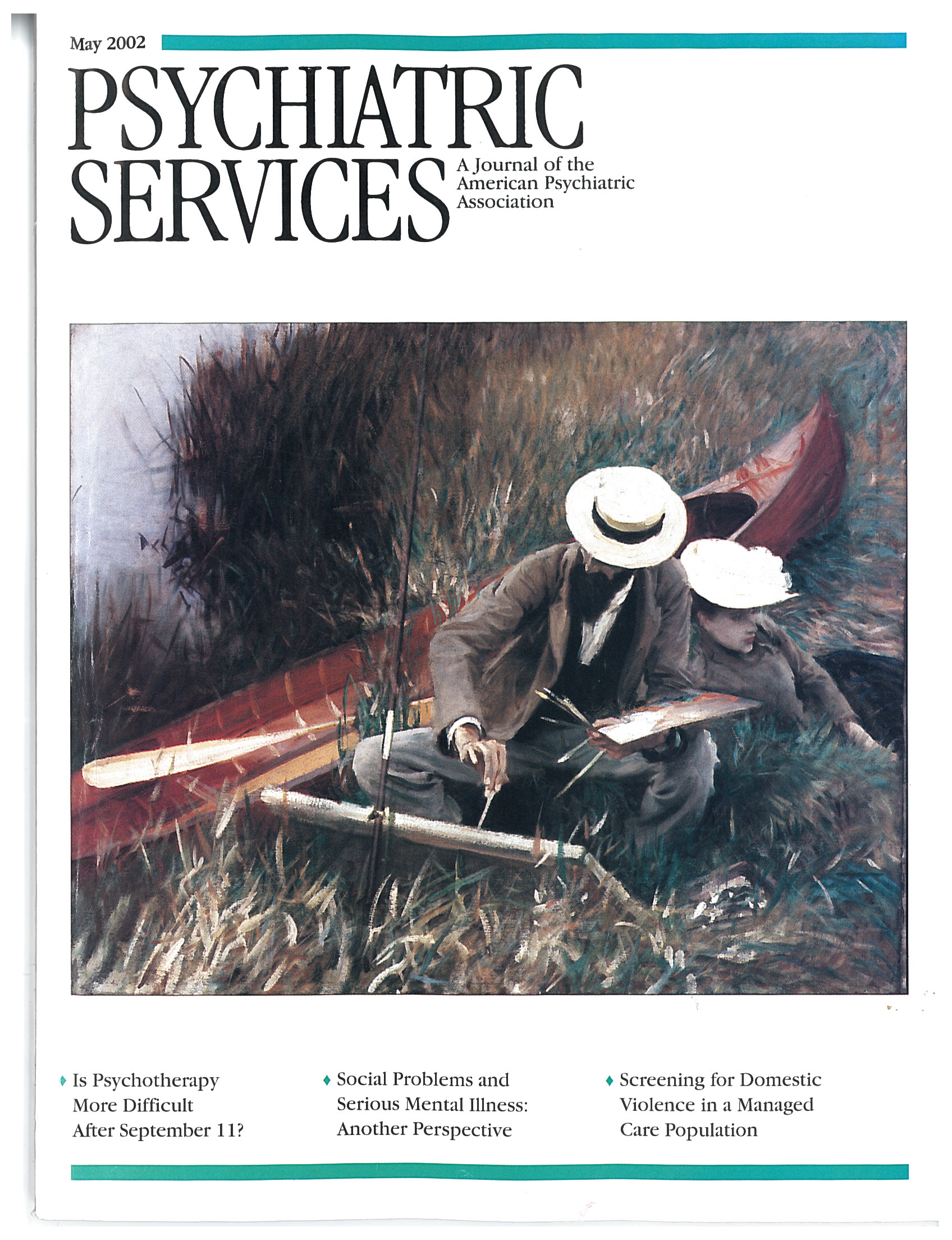Return to Treatment After Assessment in a Community Children's Mental Health Clinic
Abstract
Most people who receive mental health assessments do not follow up on needed treatment. The authors examined factors that predicted return for at least one treatment visit among 113 children who presented for treatment at a rural community mental health center, using predictors of return for adults from a previous study. Sixty-four percent of the children, compared with 46 percent of the adults, returned at least once. Time until the first appointment predicted whether patients returned for treatment. The age of the child was the only other variable that predicted initial treatment engagement. The results strongly suggest that community mental health agencies can improve treatment acceptance rates by providing rapid response to requests for treatment.



